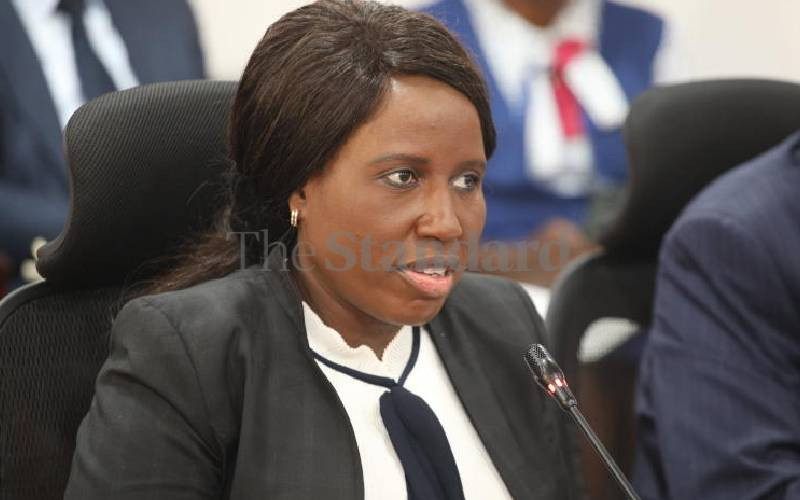×
The Standard e-Paper
Read Offline Anywhere

Audio By Vocalize

The Commission on University Education (CUE) was at pains to explain the criteria it uses to determine the number of students a university can take.
A parliamentary committee Tuesday questioned the commission's top management on its decision to authorise the placement of excess students in some universities during the 2024/ 2025 placement, despite the institutions not having the staffing capacity to cater for the high numbers.